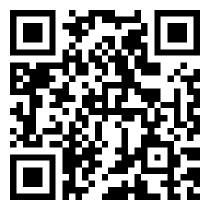USING DATA ANALYTICS AND MACHINE LEARNING TO GAIN A COMPETITIVE ADVANTAGE IN A BUSINESS ENVIRONMENT FOR SUSTAINABLE MINING
The world’s smartest organizations are embedding analytics to transform information into insight and then action. The executives wonder whether they are getting maximum value from the massive amounts of information they already have within their organizations. Organizations are still debating improved methods for extracting value from their data in order to compete in the market by reducing production waste. In order to reclaim the competitive edge, businesses must develop sharper and more timely insights, accurately understand new signals from the global economy, and adequately assess the impact on their consumers and partners.
Various techniques have been researched and introduced in business environments to gain competitive advantage. This research aims at providing a sustainable solution that can help Zambia’s mining firms to work more effectively and reach their goals through elimination of wastage during production. Using Python 3.7.1 programming language within an Anaconda 4.11.0 platform, TinyML, Edge Impulse & Arduino IDE, TensorFlow Lite, various algorithms will be compared to find the best performing model after the data has undergone robust data pre-processing and exploratory data analysis statistical techniques. The main aim is to develop an efficient data analytics & machine learning framework (EDA-MLF) that can be adopted within the Zambia’s mining industry to help minimize wastage during the production process.
The research methodology will be analytical. A census technique will be used because the study population will consist of all mining enterprises in the Copperbelt region of Zambia. Data collection will involve using a questionnaire. The gathered data will be evaluated statistically for means, percentages, standard deviation, minimum and maximum mode, regression correlations, and coefficient tests; after analysis, the data will be displayed in the form of charts and tables.




